US moves forward with military aid to Egypt despite concerns over its human rights violations
The United States will provide Egypt with most of an allocated $300 million in conditional military aid, despite concerns about Cairo's human rights record.
US State Department officials said Wednesday that they would give Egypt $75 million in spite of calls from senior Democratic lawmakers and rights groups to withhold the full amount over its human rights record.
Secretary of State Antony Blinken said that Cairo had made some progress on political detentions and due process, according to the officials.
The North African country will also receive another $95 million under a statutory exception related to counterterrorism, border security and non-proliferation funding, added the officials.
Some Democratic allies of President Joe Biden have pressed for a cutoff of aid to Egypt, which rights groups estimate is holding more than 60,000 prisoners of conscience.
Senator Chris Murphy, Democrat of Connecticut made a similar demand to the president. "If you're going to be an ally of the United States, you shouldn't be locking people up for political speech," said Murphy.
In a separate move, seven lawmakers -- led by the chairman of the House Foreign Affairs Committee -- sent a letter to the State Department on Tuesday, raising concern “about the ongoing, pervasive and systemic violations of human rights in Egypt that risk destabilizing the country.”
They noted the many political prisoners, including some US legal permanent residents, who are “subject to abuse and mistreatment such as torture and medical neglect.”
Citing the State Department’s 2021 country reports on Egypt's human rights abuses, the group urged the department to withhold the entire amount of aid, which for the coming year is $300 million.
President Joe Biden, however, decided to uphold only 10% of the $1.3 billion allocated for Egypt annually.
Egypt has been among the top recipients of US foreign aid.
The State Department’s annual human rights report catalogues far-reaching violations by the Egyptian government, including arbitrary arrest, excessive pretrial detention and torture by government jailers.
President Abdel Fattah al-Sisi has faced international criticism for cracking down on civil society groups following the army’s overthrow of then-President Mohamed Morsi, the country’s first democratically-elected president.
Thousands of supporters of Morsi, as well as activists like Fattah, have been detained since the coup, with many of them dying in custody due to inhumane prison conditions and medical neglect.
Iran FM in China for 'more consultations' amid 'sensitive' circumstances
VIDEO | Israel, worried about ...
VIDEO | Press TV's news headlines
Settler fatally stabbed; five Israeli soldiers killed, injured in Jabalia
Rampant poverty in Israel and implications
UN chief: Israel strikes on Sana'a airport, power plants 'alarming'
Yemenis rally in massive numbers for Gazans after Israeli strikes
Iran FM: China visit will mark 'golden' era in strategic ties


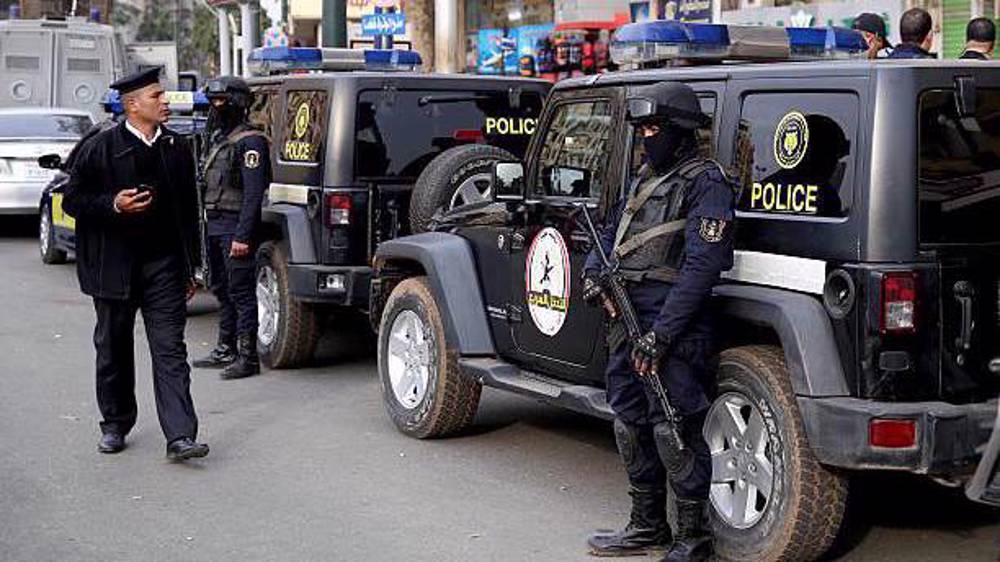
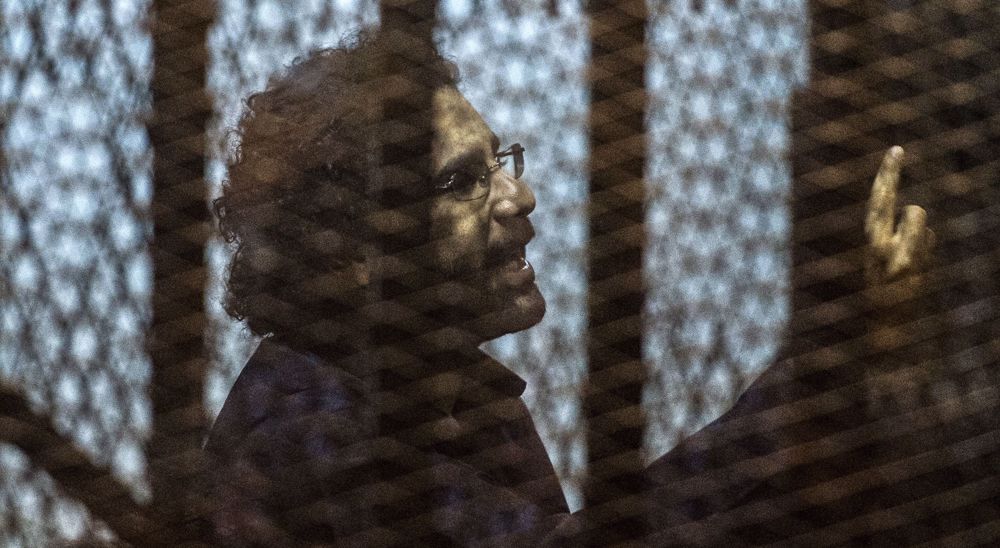
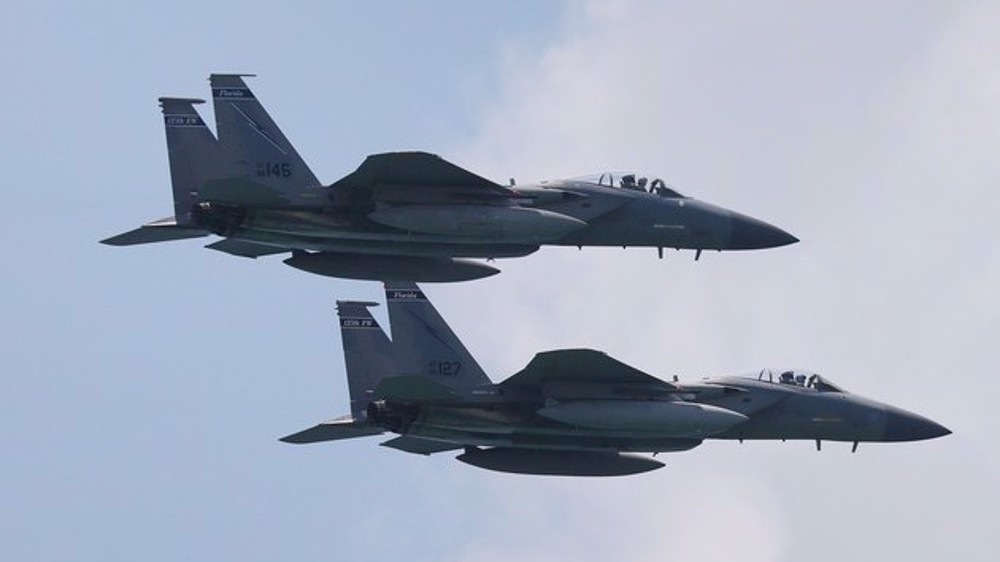
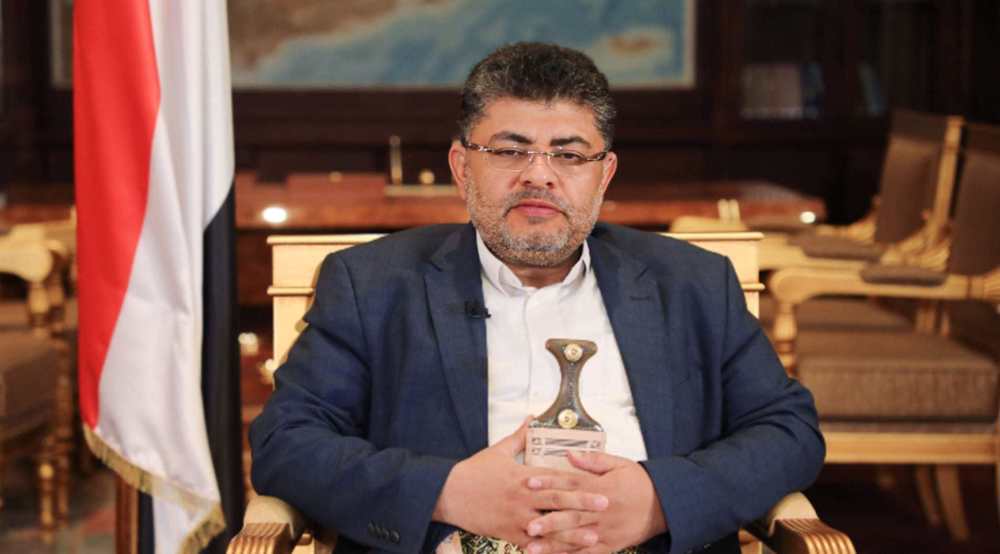
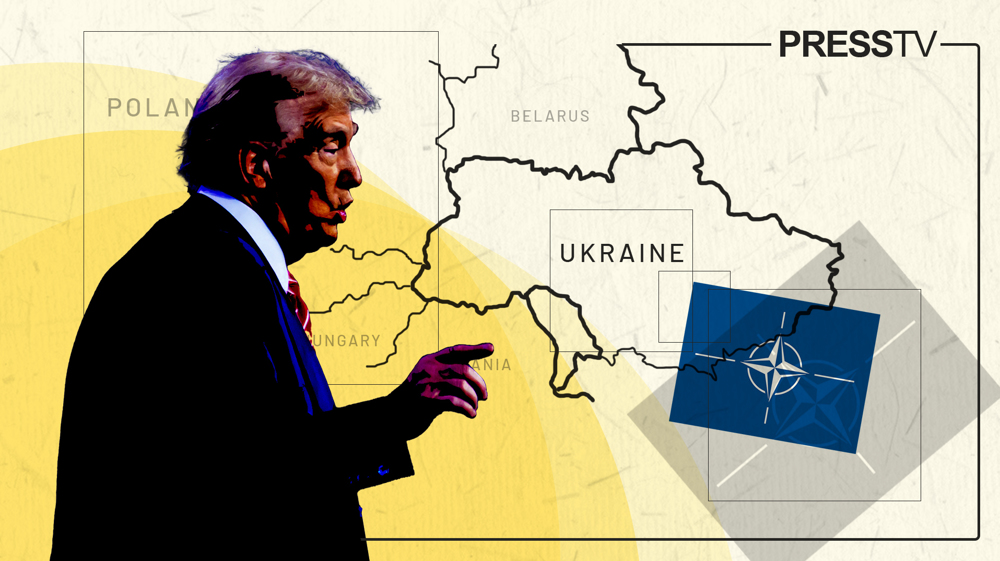




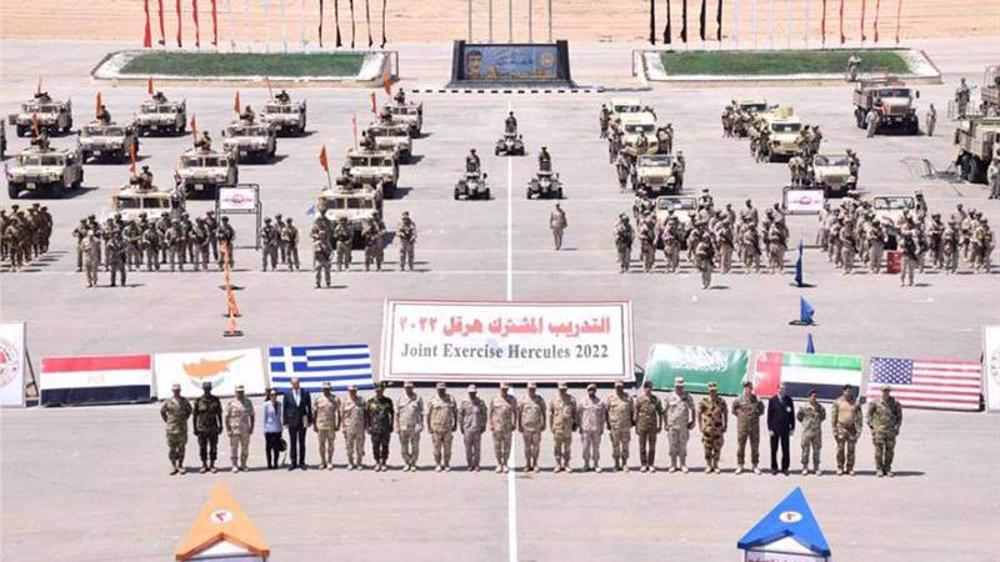
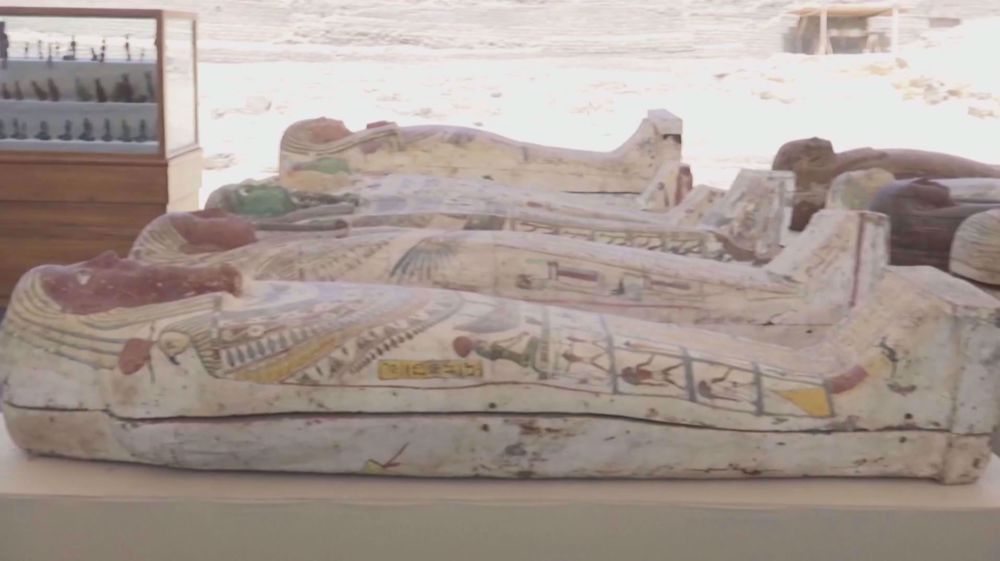

 This makes it easy to access the Press TV website
This makes it easy to access the Press TV website